On Tuesday, Friedrich Merz failed to become chancellor.
The conservative leader needed 316 votes in Germany’s 630-member parliament to be elected the next chancellor.
Though Merz was widely thought to be a shoo-in, he fell six short – getting just 310 votes in the Bundestag.
Merz was vying to become the 10th Chancellor of Germany.
But what happened? How did Merz fail? And what happens next?
What happened?
First, let’s take a brief look at Merz.
Merz, 69, is the leader of Germany’s conservative Christian Democratic Union (CDU).
Though he has a strong business background, he has no experience leading government.
Merz, who joined the CDU while he was still in school, was a rival of ex-Chancellor Angela Merkel.
While Merkel ascended to the top job in Germany, Merz went into private business.
Merz was widely expected to be elected as the successor to Olaf Scholz – whose coalition government collapsed last year.
As per CNBC, Merz’s CDU and its sister party the Christian Social Union won the largest vote share (28.5 per cent) in the February election.
The parties were slated to form a coalition government with the Social Democratic Party (SDP) – which won a 16.4 per cent vote share.
Germany is known for its coalition governments. It is extremely rare for any single outfit to get over 50 per cent of the vote share, as per the outlet.
As per Al Jazeera, the CDU and SDP have previously worked together during the governments of Merkel.
As per The Times of India, the parties in Merz’ coalition have 328 seats in Germany’s Lower House of Parliament.
Which means that some coalition lawmakers defected during the vote to elect Merz.
As per DW, three lawmakers abstained from voting, one ballot was invalidated and nine others were absent.
In all, 307 lawmakers ultimately voted against Merz in the secret ballot.
What happens next?
Merz’s swearing-in as German chancellor has obviously been delayed.
Bundestag president Julia Kloeckner said she was interrupting the parliamentary session so that the parliamentary groups could consult on how to proceed.
As per CNBC, the German constitution mandates that a second vote be held within two weeks.
Merz or another candidate will yet again need an absolute majority to prevail.
As per Al Jazeera, the next vote could take place next Tuesday.
However, German publication Der Spiegel reported that a second round of voting can only happen if all parliamentary groups set aside deadlines.
Speigel reported that a Friday vote was being talked about.
As per The Times of India, if no candidate wins, yet another round of voting will be held.
This time, the candidate would need a simple majority to become chancellor.
As per DW, in the third phase, the person who receives the most votes will become chancellor.
If this fails too, President Frank-Walter Steinmeier can simply appoint the candidate with the most support.
Alternatively, Steinmeier can dissolve parliament and order new elections.
This vote was held on the eve of Germany’s surrender to the Allies in World War II.
It is the first time since World War II that a candidate has failed to become chancellor of Germany in the first round, as per the newspaper.
It also comes just days after the parties signed off on their coalition agreement entitled “Responsibility for Germany.”
DW quoted SDP leader Lars Klingbeil, who was set to be vice-chancellor under Merz, as saying that his party is not to blame.
“The 85% members’ vote is a mandate for the parliamentary party and it fulfilled this,” Klingbeil told DPA. “We are reliable.”
The far-right Alternative for Germany (AfD) – which came second in the February elections with 20 per cent of the vote – has called on Merz to step down.
The AfD has also demanded fresh elections.
“This shows the weak foundation on which the small coalition of the CDU/CSU and the SPD, which was voted out by the citizens, is built," party leader Alice Weidel wrote on X.
Weidel said “Merz should step aside and the way should be cleared for a general election.”
Experts say Merz need not panic yet.
But DW chief international correspondent Richard Walker said “if the process drags on this, there will be question marks.”
With inputs from agencies


)
)
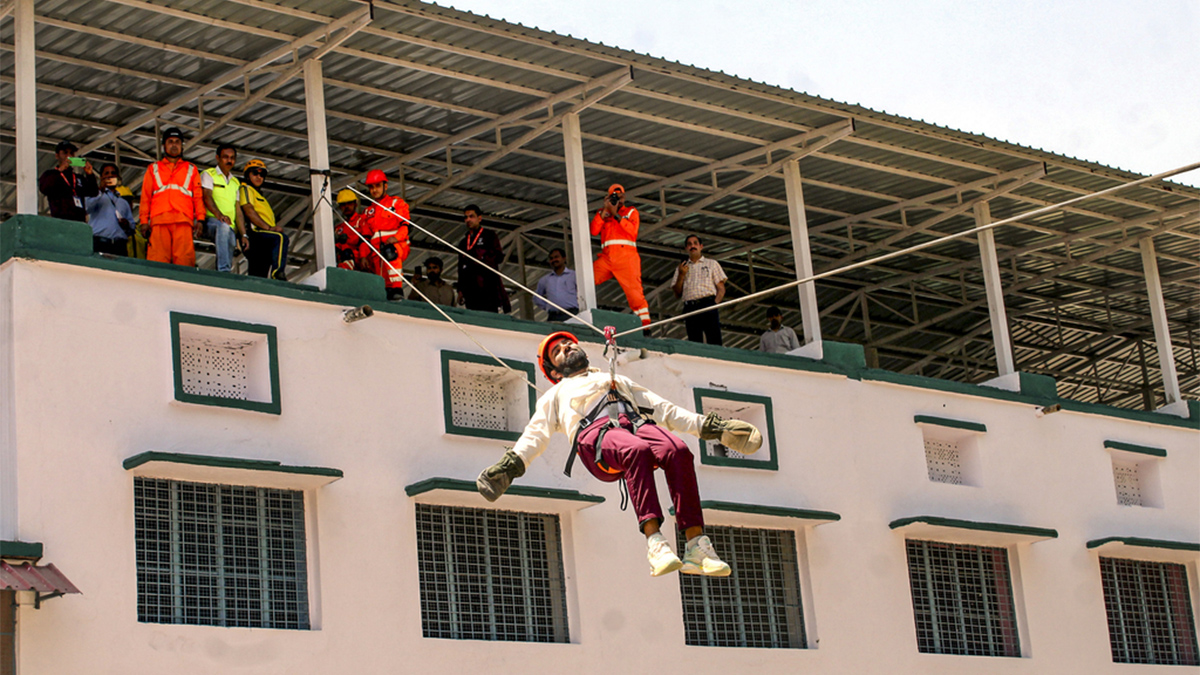)
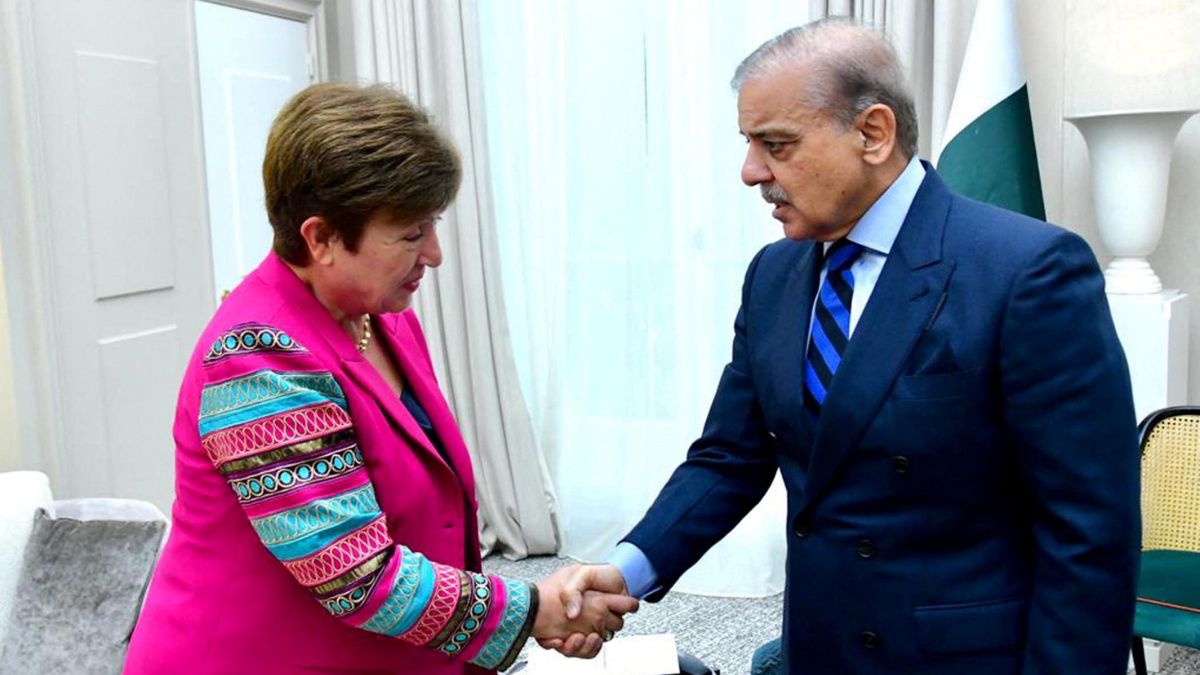)
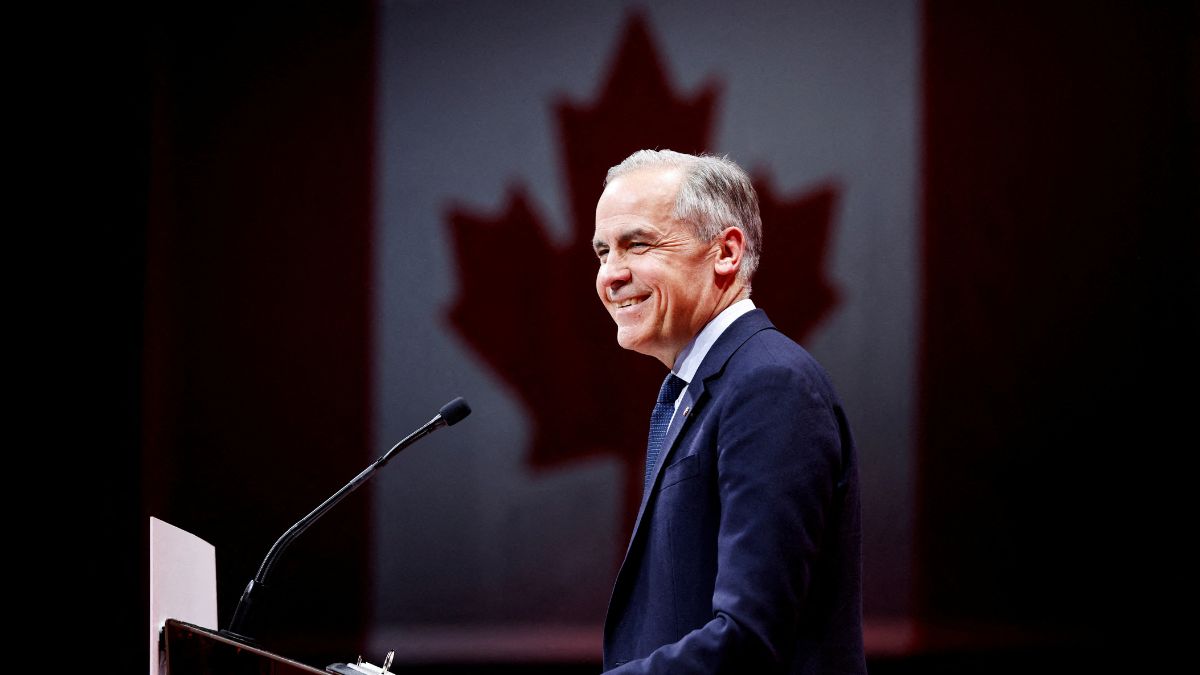)
)
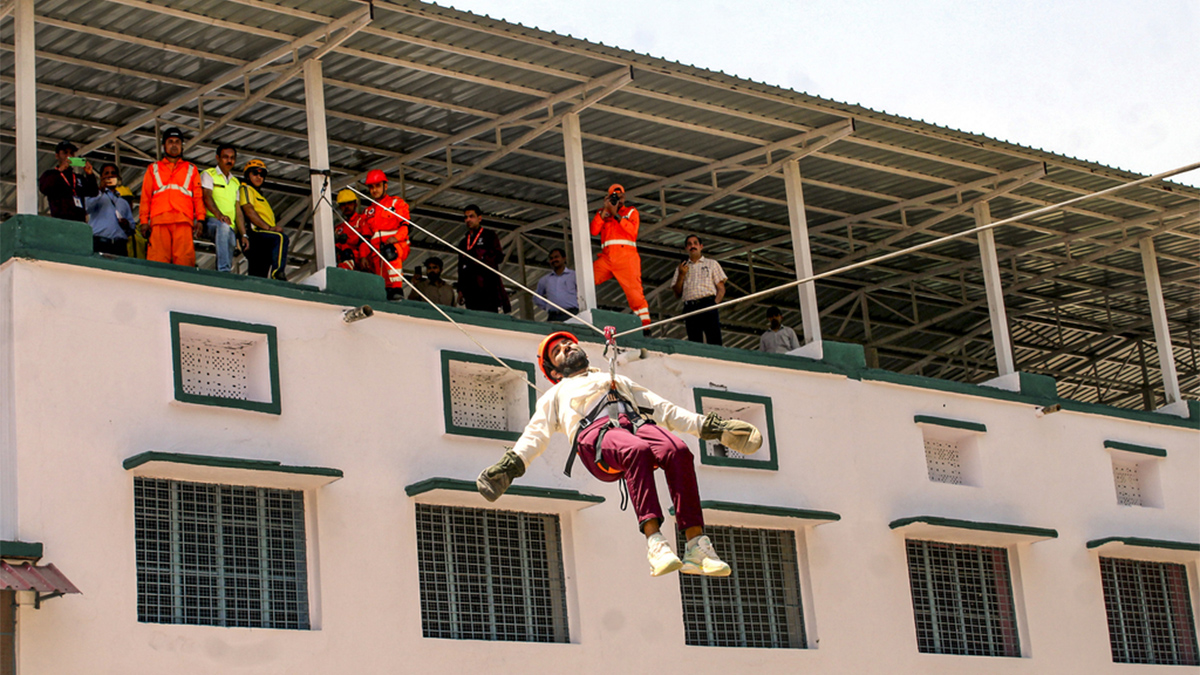)
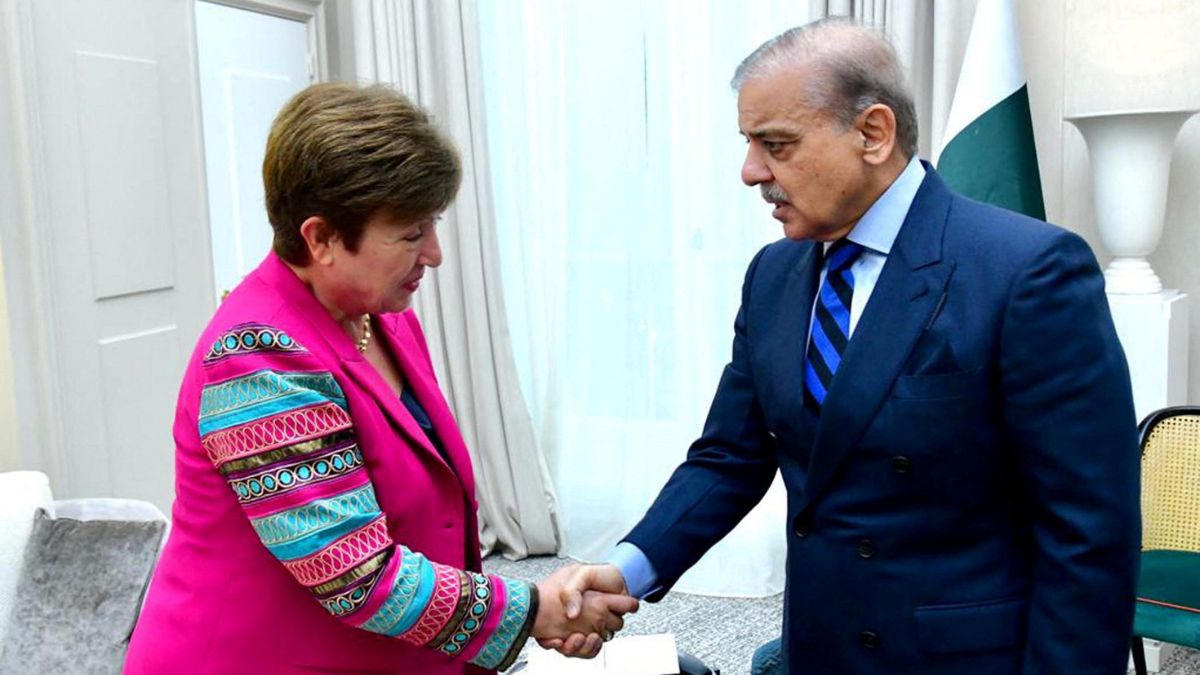)
)